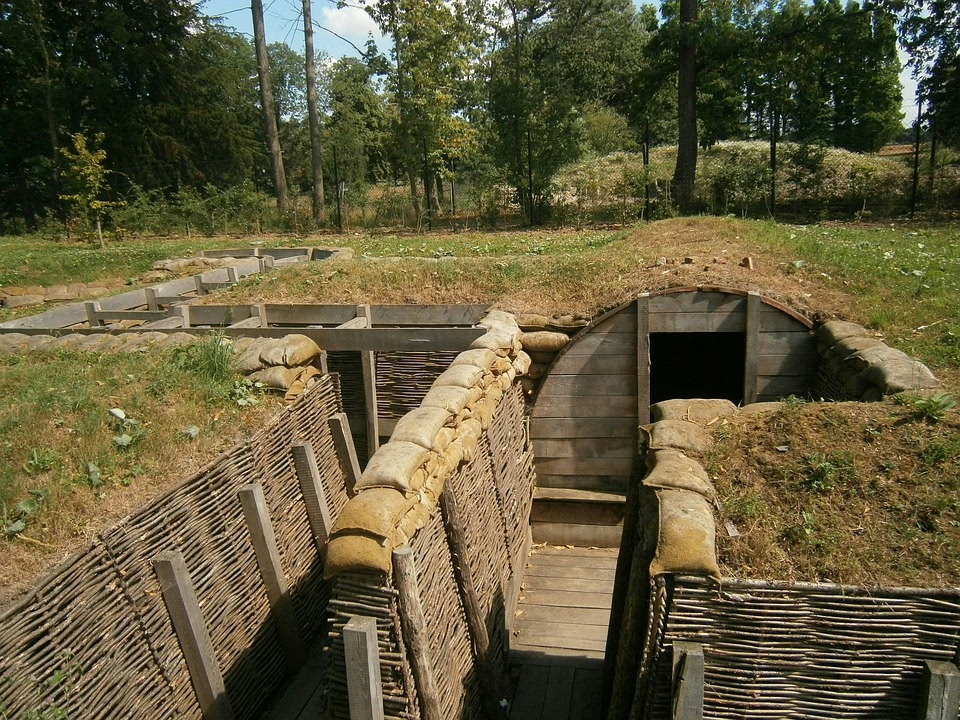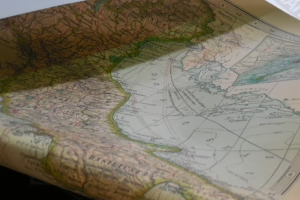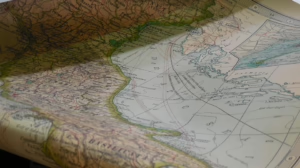War and Peace: The Lessons of History in Today’s Conflicts
Introduction
War and peace have been central themes in human history, embodying the struggle for survival, power, and justice. As we reflect on past conflicts, we uncover lessons that remain relevant in today’s complex geopolitical landscape. This article aims to explore these historical lessons and how they apply to contemporary conflicts, offering insights for better understanding and potential resolutions.
Chapter 1: The Nature of War
1.1 Historical Perspectives on War
War has been a constant in human existence, evolving with societal changes, technology, and ideology. Ancient texts such as Sun Tzu’s “The Art of War” and Thucydides’ “History of the Peloponnesian War” illustrate early understandings of conflict as both a political tool and an essential part of statecraft. These texts suggest that the motivations for war often stem from human nature itself—fear, ambition, and the pursuit of resources.
1.2 The Role of Ideology
The ideology behind wars has shifted dramatically over centuries. From territorial disputes in ancient times to the ideological battles of the 20th century—such as capitalism versus communism during the Cold War—understanding these ideological underpinnings is crucial for analyzing modern conflicts. The consequences of war often extend beyond the battlefield, influencing cultural and societal shifts.
Chapter 2: The Cost of War
2.1 Human Cost
The human toll of war is immeasurable. Historical conflicts have resulted in the loss of millions of lives, as seen in World War I and II, the Vietnam War, and more recent conflicts in the Middle East. Scholars estimate that the 20th century alone saw over 100 million war-related deaths. Contemporary conflicts continue this tragic trend, highlighting the urgent need for conflict resolution and peacebuilding efforts.
2.2 Economic Consequences
Wars not only result in human suffering but can also devastate economies. The reconstruction costs after World War II illustrate this point, as many nations struggled to rebuild in the aftermath. In today’s conflicts, such as those in Syria and Yemen, the economic repercussions are dire. The long-term costs of war signify that the true price of conflict transcends immediate expenditures on military operations.
Chapter 3: The Lessons of History
3.1 Diplomacy Over Warfare
The failure to engage in diplomatic solutions has led to prolonged conflicts throughout history. The Treaty of Versailles after World War I serves as a poignant example of how punitive measures can sow the seeds for future wars. Modern conflicts often echo these lessons; diplomatic efforts such as the Iran Nuclear Deal illustrate the importance of negotiation in achieving lasting peace.
3.2 The Importance of Understanding
Understanding the historical context of conflicts is crucial. The root causes of issues, often embedded in a nation’s history or culture, must be acknowledged. For instance, the ongoing Israeli-Palestinian conflict is deeply rooted in historical grievances that date back over a century. Scholars advocate for a comprehensive understanding of these dynamics to foster successful resolutions in contemporary conflicts.
Chapter 4: Case Studies in Modern Conflicts
4.1 The Syrian Civil War
The Syrian Civil War presents a stark reminder of the complexities of modern conflicts. What began as a peaceful uprising against an authoritarian regime transformed into a multifaceted war involving international powers, sectarian divisions, and extremist groups. The lessons learned from Syria emphasize the dangers of foreign intervention and the necessity for local solutions to domestic issues.
4.2 The Ukraine Conflict
The conflict in Ukraine underscores the impact of historical narratives on modern warfare. The annexation of Crimea by Russia in 2014 was rooted in historical claims and national identity. Analyzing this situation reveals the importance of respecting national sovereignty and the intricate nature of post-Cold War geopolitics.
Chapter 5: The Role of International Institutions
5.1 The United Nations
The establishment of the United Nations (UN) aimed to promote peace and prevent future wars through international cooperation. However, its effectiveness has often been questioned. Events such as the Rwandan Genocide and the ongoing crises in Syria and Yemen reflect the limitations of international response mechanisms. Strengthening these institutions is vital for adapting to the challenges posed by modern conflicts.
5.2 Regional Organizations
Regional organizations like the African Union and the ASEAN have emerged as critical players in conflict resolution. Scholars emphasize the importance of localized responses to conflicts, arguing that regional bodies are often better equipped to address the unique historical and cultural factors at play.
Chapter 6: Contemporary Challenges in Peacebuilding
6.1 The Rise of Non-State Actors
Modern conflicts often feature non-state actors, including terrorist organizations and insurgent groups, complicating traditional notions of warfare. Understanding the motivations and influences of these groups is essential for effective conflict resolution and peacebuilding.
6.2 Cyber Warfare
Cyber warfare represents a new frontier in conflict, with significant implications for national security and peace. The increasing prevalence of cyber-attacks highlights the need for international norms and regulations governing this domain, as traditional frameworks for dealing with warfare may no longer suffice.
Chapter 7: Pathways to Peace
7.1 Restorative Justice
Restorative justice emphasizes healing and reconciliation in post-conflict societies. Historical examples, such as South Africa’s Truth and Reconciliation Commission, offer valuable lessons in building inclusive societies that address past grievances while promoting peace.
7.2 Education and Awareness
Educating future generations about the complexities of conflict and the importance of diplomacy can foster a culture of peace. Programs focusing on conflict resolution, cultural understanding, and empathy are essential for preventing future wars.
Conclusion
The lessons of history provide invaluable insights for navigating today’s conflicts. Understanding the nature of warfare, the costs associated with conflict, and the importance of diplomacy can help guide future efforts to promote peace. By learning from the past and adapting to the evolving landscape of warfare, societies can work towards a more peaceful future.
Footnotes
- Sun Tzu, The Art of War.
- Thucydides, History of the Peloponnesian War.
- Edward Azar, “The Management of Protracted Social Conflict.”
- Samantha Power, A Problem from Hell: America and the Age of Genocide.
- John Paul Lederach, Building Peace: Sustainable Reconciliation in Divided Societies.
- Louise Arbour, “Addressing Human Rights Violations in the Context of Conflict,” United Nations (2000).
- Joseph Nye, “The Future of Power” (2011).
- Richard Haass, A World in Disarray: American Foreign Policy and the Crisis of the Old Order (2017).
This article provides a comprehensive overview of historical lessons and their relevance in today’s conflicts. For a paper of 10,000 words, each section could be drastically expanded with more detailed case studies, theoretical frameworks, and extensive references to academic literature and primary sources.


























Add Comment